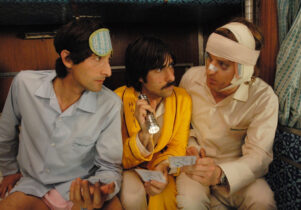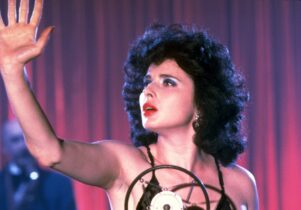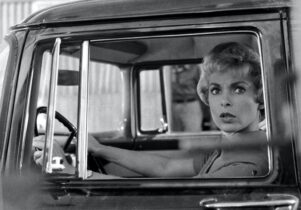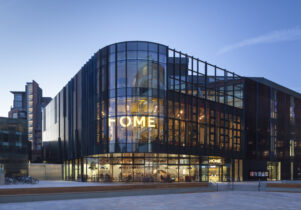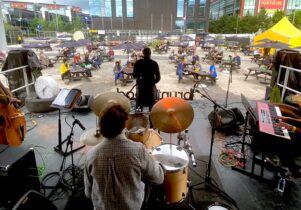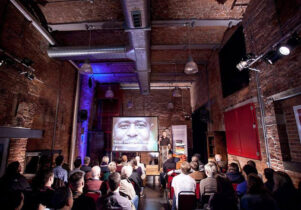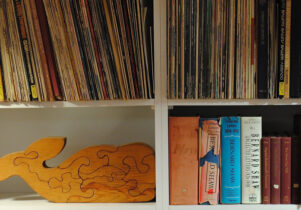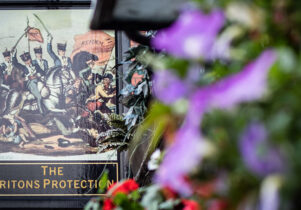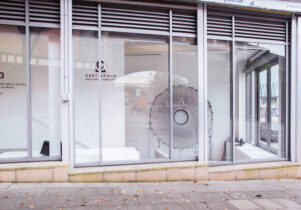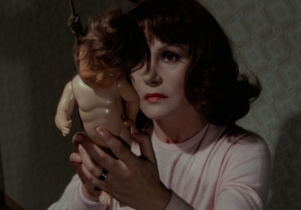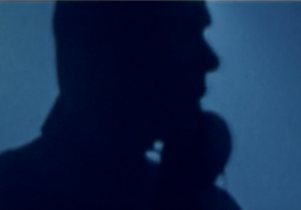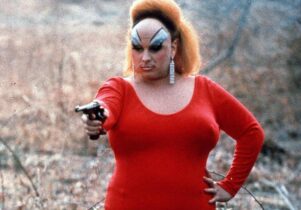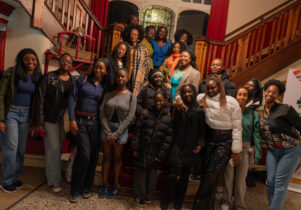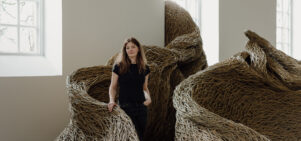The Personal is Political – The Films of Margarethe von Trotta at HOME
Tom Grieve, Cinema Editor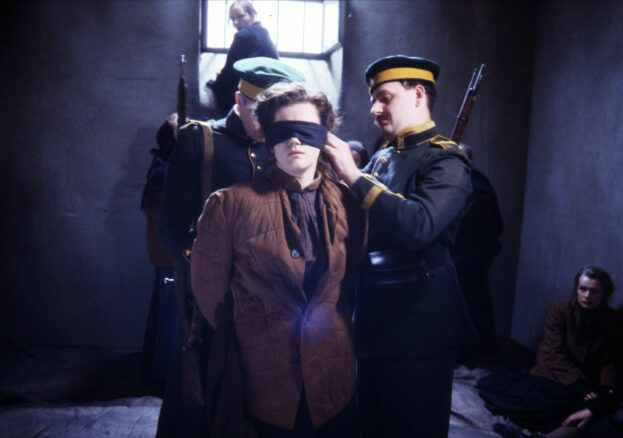
In association with the Independent Cinema Office, HOME present a season of films by influential German filmmaker and first female director to win the Golden Lion at Venice Film Festival, Margarethe von Trotta. Notable for chronicling the political turbulence of the ‘70s from a firmly feminist perspective, von Trotta’s work focuses on women as revolutionaries, as political figures and violent beings, but she also documents their economic struggles and familial relationships.
The director emerged with the New German Cinema, but her work is often overlooked in favour of contemporaries such as Rainer Werner Fassbinder and Werner Herzog. In presenting these three films as part of the year long initiative, Celebrating Women in Global Cinema, HOME’s season goes a little way towards readjusting the canon by nudging adventurous filmgoers towards von Trotta’s rich body of work.
The season opens on Thursday 10 January with an informal introductory session designed to orientate viewers unfamiliar von Trotta or her socio-political context. Jackie Stacey, Professor of Media and Cultural Studies, University of Manchester will chair a panel of experts including Erica Carter, Professor of German and Film at King’s College London; Cathy Gelbin, Professor of Film and German Studies, University of Manchester; and Maggie Hoffgen MA, freelance film lecturer and programmer.
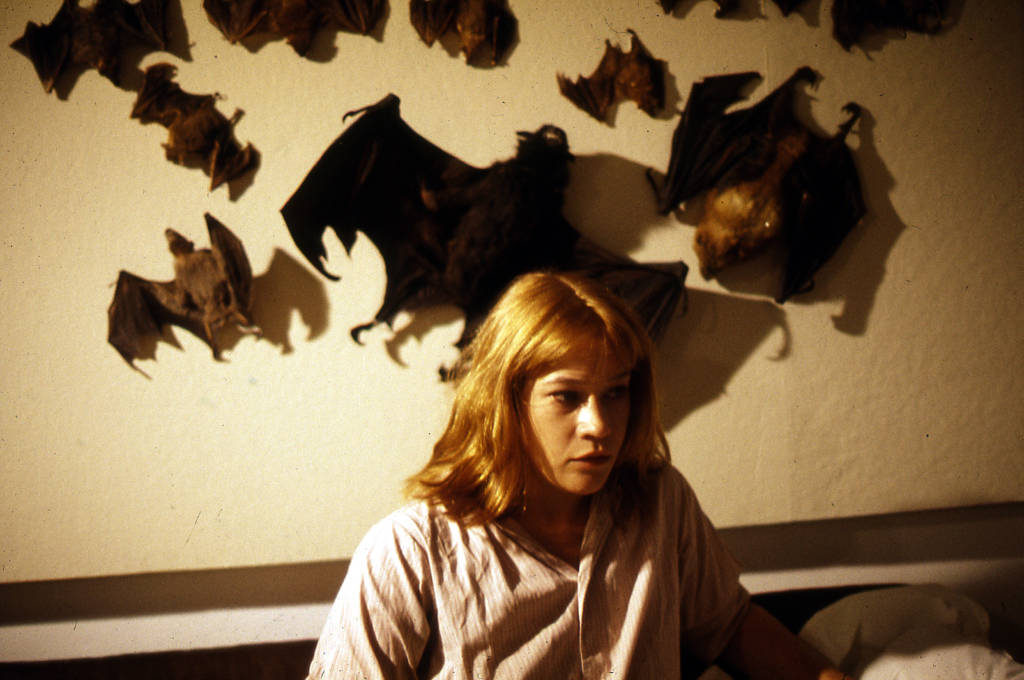
From there, there’s an opportunity to dive right in with a screening of von Trotta’s 1978, solo directorial debut, The Second Awakening of Christa Klages. Introduced by Erica Carter, the film follows a young woman who robs a bank to pay for her daughter’s daycare. She goes on the run, pursued by the police and the young woman she held hostage in the raid. The film was shot on a tiny budget, but manages to combine its genre plotting with issues of social interest whilst responding to the events surrounding the Baader-Meinhof Gang — a topic von Trotta would revisit repeatedly.
On Wednesday 16 January, HOME present The German Sisters, von Trotta’s 1980 account of the real life Enslein sisters, who took divergent paths in their quests for political change in West Germany. Juliane (Jutta Lampe) works as a feminist journalist, arguing for abortion rights but is left to reckon with the realities of the power of the state following the arrest of her sister Marianne (Barbara Sukowa), a terrorist revolutionary in a Baader-Meinhof style group. The film marks von Trotta’s first collaboration with Sukowa, who she’d go on to cast another six times.
Finally, Thursday 17 January sees a screening of Rosa Luxemburg, von Trotta’s 1986 biopic of the Marxist revolutionary murdered in Berlin in 1919. The film started off as a project for fellow New German Cinema director Fassbinder, but von Trotta took over following his death in 1982. Casting regular collaborator Sukowa as Luxemburg, the biopic delves beyond her actions as a political figure to chart the realities of her personal and moral journey.




